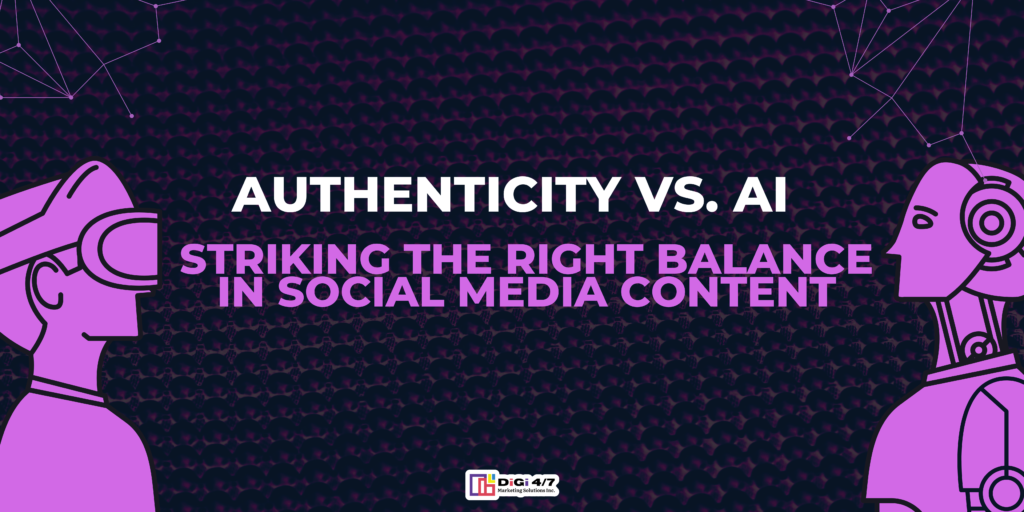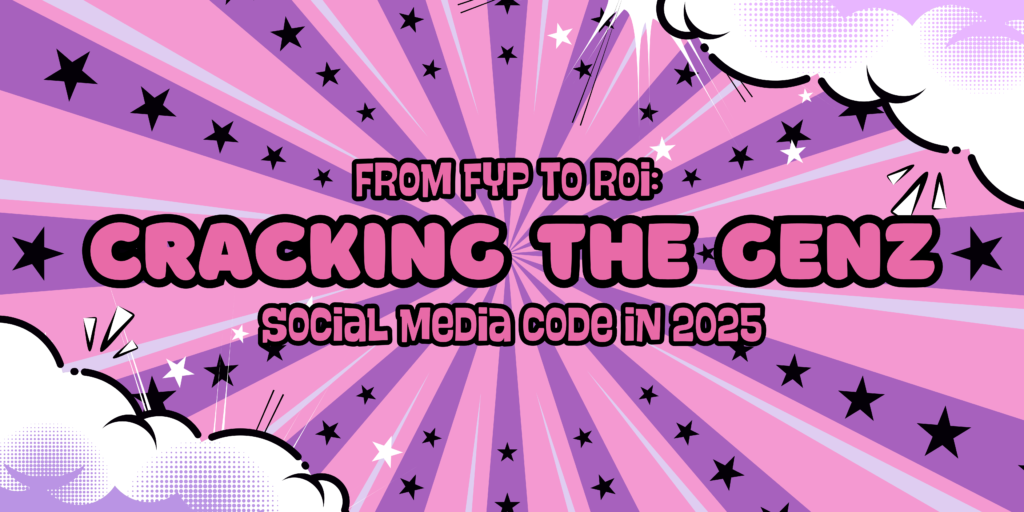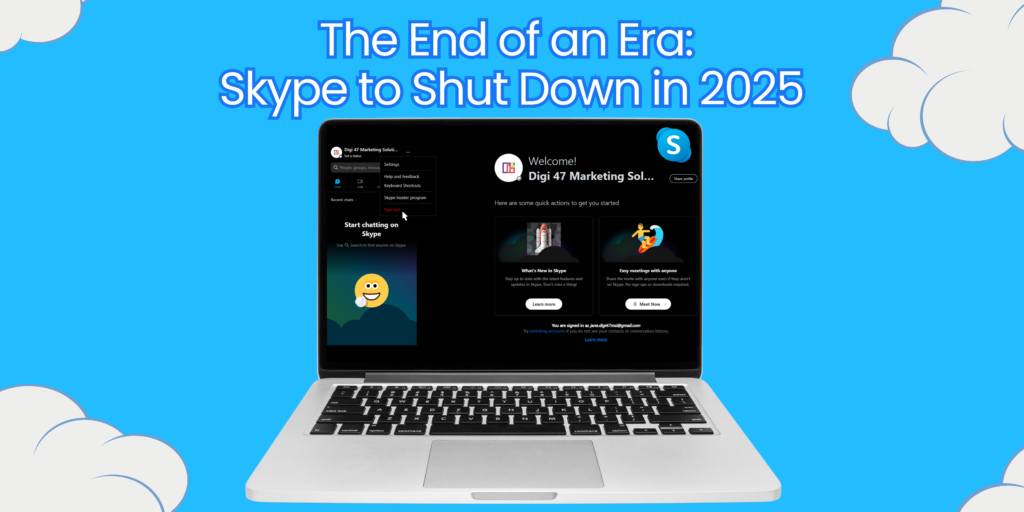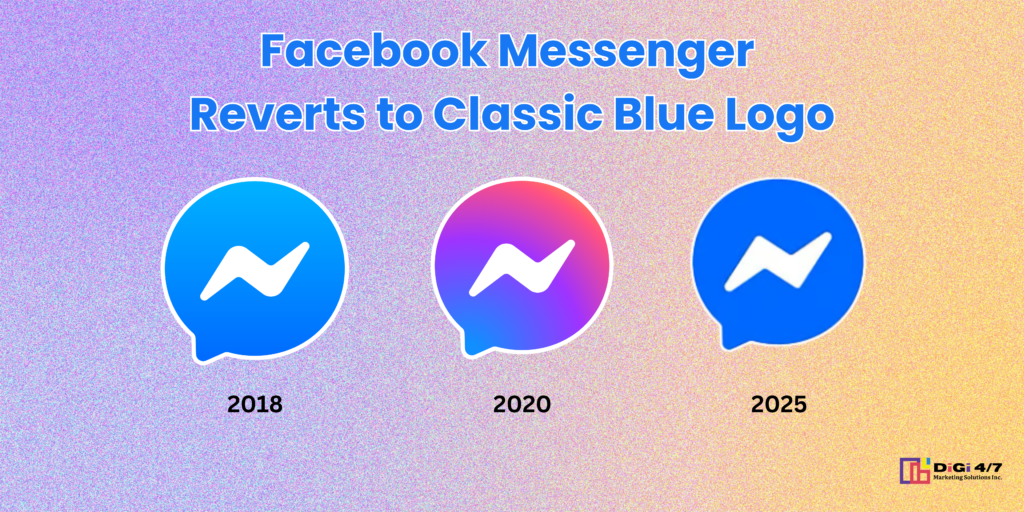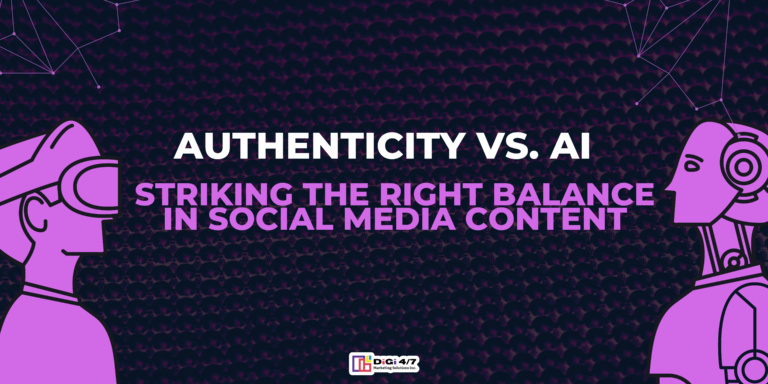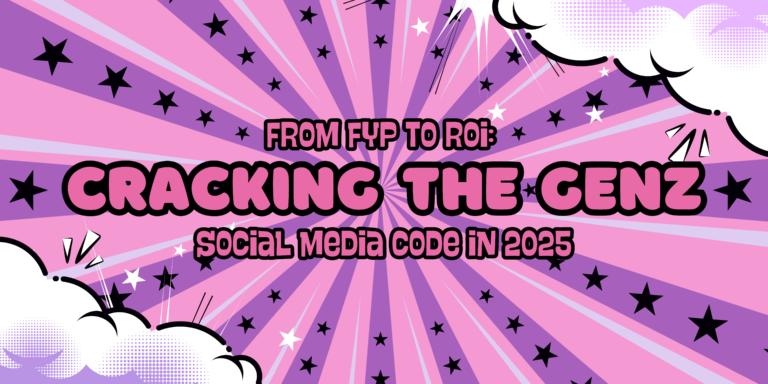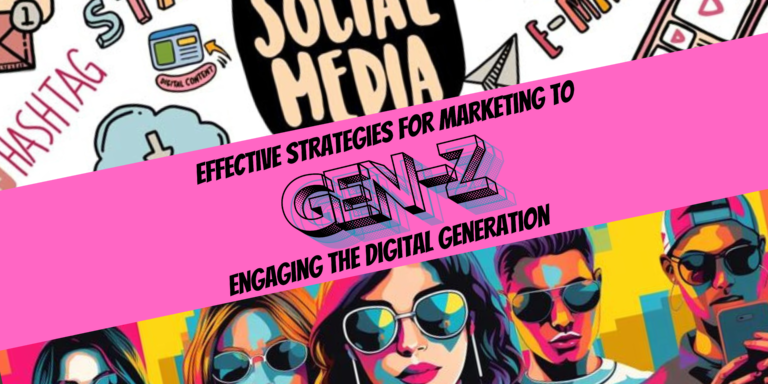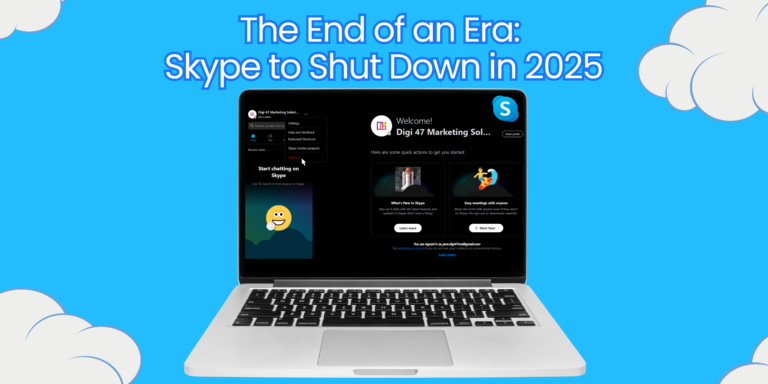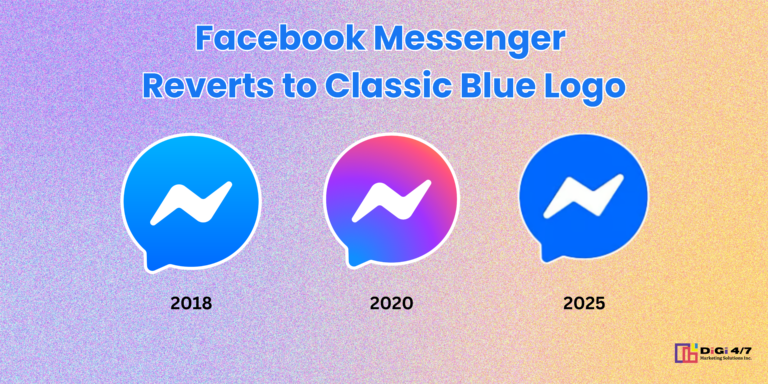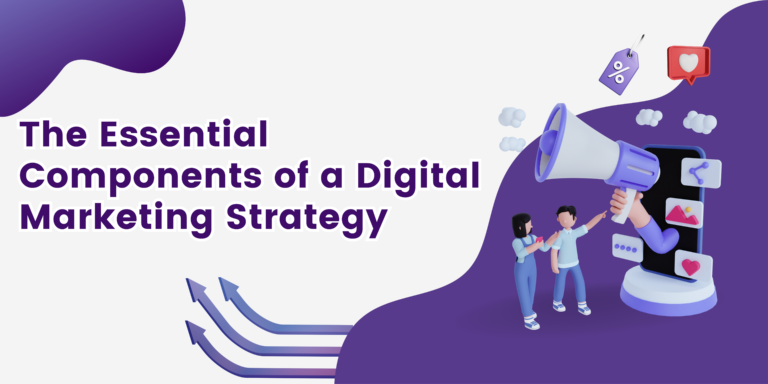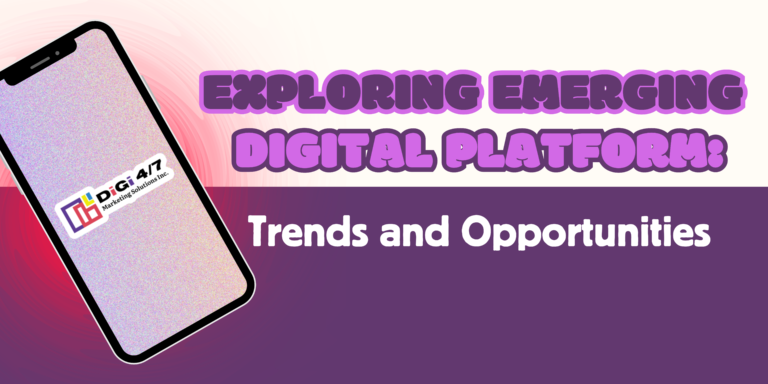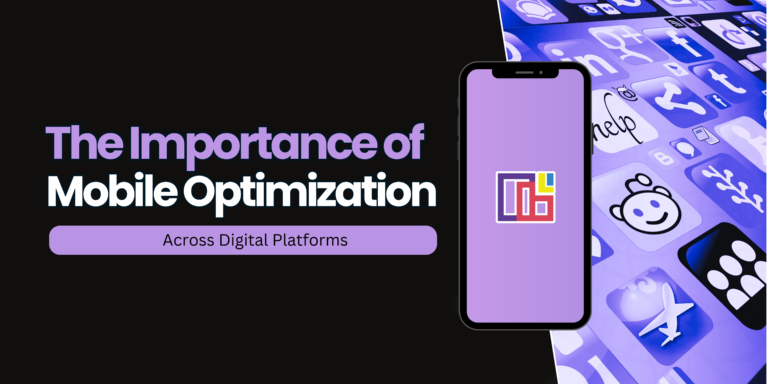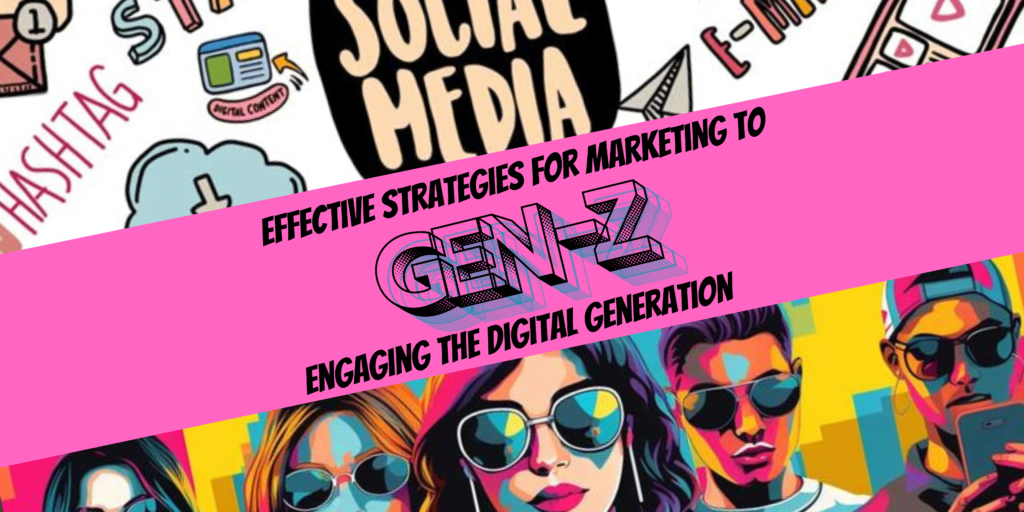
Effective Strategies for Marketing to Gen Z: Engaging the Digital Generation
Gen-Z, individuals born from the mid-1990s to the early2010s, is reshaping how brands connect with their audience. As true digital natives, they prioritize authenticity, social responsibility, and seamless online interactions. To successfully reach Gen Z, businesses must modify their marketing strategies to align with these values and behaviors.
Understanding Gen Z’s Preferences and Digital Habits
Gen Z is known for their technological fluency, preference for personalized content, and commitment to social causes. Unlike millennials, they gravitate toward brands that embody transparency and create genuine connections rather than relying on traditional advertising. Key characteristics include:
- Mobile-First Mindset: They consume content primarily on smartphones and social media platforms.
- Emphasis on Authenticity: They favor brands that demonstrate transparency, relatability, and ethical business practices.
- Short Attention Spans: With an estimated 8-second attention span, marketing messages must be engaging and concise.
- Community-Driven: Peer recommendations and online communities hold more influence than traditional advertising methods.
Key Strategies for Marketing to Gen Z
1. Leverage Social Media for Maximum Impact
Generation Zdedicates considerable time to platforms such as TikTok, Instagram, YouTube,and Snapchat. To truly engage this audience, brands should focus on producing visually captivating and interactive content.
- Utilize short-form videos to deliver quick, engaging messages.
- Collaborate with influencers for authentic brand endorsements.
- Participate in viral trends, memes, and challenges to enhance brand relatability.
2. Maintain Transparency and Authenticity
Gen Z can quickly detect insincerity in marketing. They appreciate brands that are open about their values, operations, and societal impact.
How to Build Trust:
- Share behind-the-scenes content and real customer stories.
- Highlight corporate social responsibility and sustainability initiatives.
- Encourage user-generated content to enhance credibility and engagement.
3. Develop Interactive and Engaging Content
Traditional advertising methods are often ineffective with Gen Z. Brands should focus on interactive experiences that actively involve their audience.
Effective Strategies:
- Host live Q&A sessions, polls, and social media takeovers.
- Integrate gamification into marketing campaigns.
- Encourage audience participation through challenges and user-generated content.
4. Utilize Influencer Partnerships for Authenticity
Gen Z favors micro and nano influencers for their authenticity and relatability, which build trust and community, enhancing brand credibility. Collaborating with these influencers allows brands to create genuine campaigns that drive engagement and conversions. Diverse representation among influencers can broaden a brand’s reach, highlighting the importance of thorough research in partner selection.
5. Optimize for Mobile and Seamless Shopping Experiences
Gen Z expects a seamless digital experience when browsing and shopping online. A mobile-first approach is essential to keep them engaged.
Enhancing Mobile Experience:
- Ensure a fast, user-friendly mobile interface.
- Utilize social commerce features on Instagram and TikTok.
- Offer diverse payment options, including digital wallets and buy-now-pay-later services.
6. Promote Sustainability and Social Responsibility
Gen Z actively supports brands that prioritize sustainability and take a stand on social issues. They are more likely to engage with businesses that align with their values.
How to Showcase Ethical Practices:
- Implement eco-friendly packaging and sustainable sourcing.
- Support and contribute to relevant social causes.
- Maintain transparency in environmental commitments and ethical business practices.
Conclusion
To successfully market to Gen Z, brands must adopt a digital-first approach, emphasize authenticity, and foster meaningful engagement. By leveraging social media, interactive content, influencer collaborations, and socially responsible messaging, businesses can establish lasting connections with this influential generation. As consumer behaviors continue to evolve, brands that remain adaptable and responsive to Gen Z’s preferences will thrive in the digital era.

